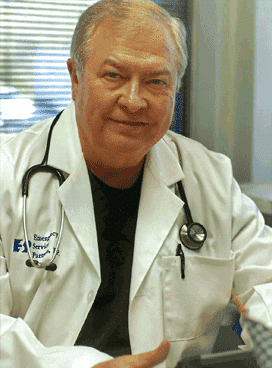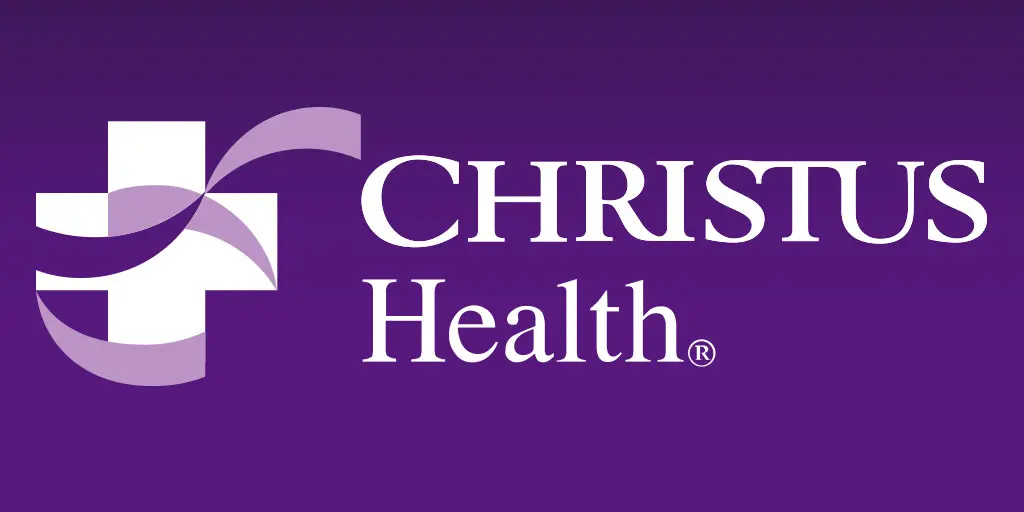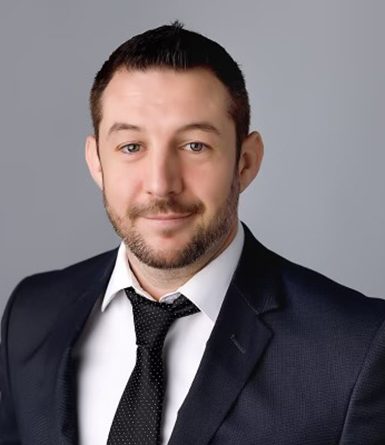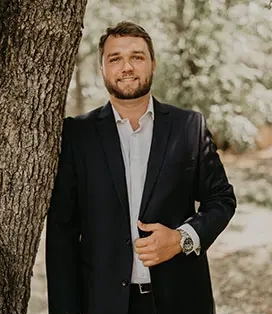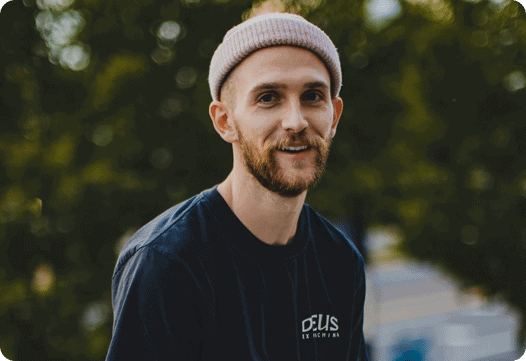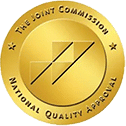My name is Sally, I am 25 years old, and I am a recovering drug addict who gives God the glory for every success I've been given. I grew up in Colorado and my story begins at 14 when I was introduced to Marijuana. My older brothers all smoked, and I wanted to be like them in every way. We all lived very adventurous lives climbing, hiking, and mountain biking. It was always keeping up or get left behind. By the age of 15, I was using every day and I continued to use every day until I got arrested on March 28th, 2018. Living in Colorado, smoking never had a grand impact on my freedom, but it took its toll on my relationships and my studies. I finished high school but dropped out of college. I put my relationships on the back burner, including my relationship with God. After dropping out of college I followed my brothers yet again into the next grand adventure of Skydiving. I spent three years filling my cup with the adrenaline of the best kind and enjoying life to the fullest. I continued to use, and because my life wasn't falling apart, I saw no issues. Little did I know, most of my relationships were gone and I was spiritually dead. I met a boyfriend in 2016 and we moved to Texas. Life in Texas was very different for me. I was no longer skydiving, and the weed was never good enough it seemed. I chased adrenaline any way I possibly could, and I ended up becoming an escort. I not only continued to use marijuana but quickly started using cocaine and eventually meth. I fell in love with a meth addict and began using every day all day. Any enjoyment I had in life was gone and he and I would see ourselves in a lot of trouble. We were arrested for aggravated robbery, and that was the end of life as I knew it. Not long after being arrested, I began to see all the times God had saved me from uncertain death, when before I just thought I had dodged a bullet so to speak. I realized that he was protecting me for bigger and better things. He welcomed me into his loving arms and led me into a life of recovery. I spent 3 months at MTR and my experiences there gave me the tools and structure that I needed to succeed in my recovery. I met lifelong friends and made the lifelong decision to serve God and stay clean. Since that day I have had my struggles and faced many trials, but to this day God has blessed me beyond belief. I have an amazing life now, I have a wonderful husband and a beautiful son. I have a roof over my head and restored relationships that will last a lifetime. I couldn't be more thankful for my life now and it's all thanks to God, my family, and MTR!

